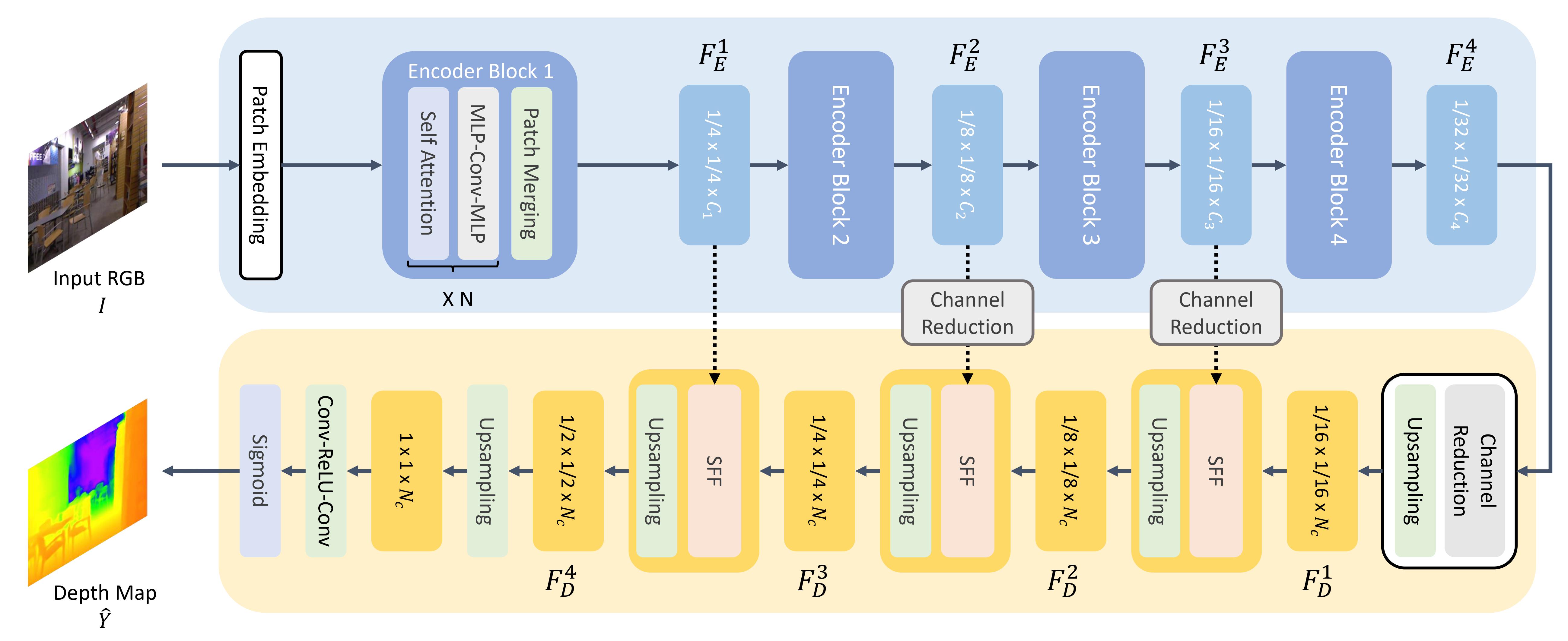* toctree * not-doctested.txt * collapse sections * feedback * update * rewrite get started sections * fixes * fix * loading models * fix * customize models * share * fix link * contribute part 1 * contribute pt 2 * fix toctree * tokenization pt 1 * Add new model (#32615) * v1 - working version * fix * fix * fix * fix * rename to correct name * fix title * fixup * rename files * fix * add copied from on tests * rename to `FalconMamba` everywhere and fix bugs * fix quantization + accelerate * fix copies * add `torch.compile` support * fix tests * fix tests and add slow tests * copies on config * merge the latest changes * fix tests * add few lines about instruct * Apply suggestions from code review Co-authored-by: Arthur <48595927+ArthurZucker@users.noreply.github.com> * fix * fix tests --------- Co-authored-by: Arthur <48595927+ArthurZucker@users.noreply.github.com> * "to be not" -> "not to be" (#32636) * "to be not" -> "not to be" * Update sam.md * Update trainer.py * Update modeling_utils.py * Update test_modeling_utils.py * Update test_modeling_utils.py * fix hfoption tag * tokenization pt. 2 * image processor * fix toctree * backbones * feature extractor * fix file name * processor * update not-doctested * update * make style * fix toctree * revision * make fixup * fix toctree * fix * make style * fix hfoption tag * pipeline * pipeline gradio * pipeline web server * add pipeline * fix toctree * not-doctested * prompting * llm optims * fix toctree * fixes * cache * text generation * fix * chat pipeline * chat stuff * xla * torch.compile * cpu inference * toctree * gpu inference * agents and tools * gguf/tiktoken * finetune * toctree * trainer * trainer pt 2 * optims * optimizers * accelerate * parallelism * fsdp * update * distributed cpu * hardware training * gpu training * gpu training 2 * peft * distrib debug * deepspeed 1 * deepspeed 2 * chat toctree * quant pt 1 * quant pt 2 * fix toctree * fix * fix * quant pt 3 * quant pt 4 * serialization * torchscript * scripts * tpu * review * model addition timeline * modular * more reviews * reviews * fix toctree * reviews reviews * continue reviews * more reviews * modular transformers * more review * zamba2 * fix * all frameworks * pytorch * supported model frameworks * flashattention * rm check_table * not-doctested.txt * rm check_support_list.py * feedback * updates/feedback * review * feedback * fix * update * feedback * updates * update --------- Co-authored-by: Younes Belkada <49240599+younesbelkada@users.noreply.github.com> Co-authored-by: Arthur <48595927+ArthurZucker@users.noreply.github.com> Co-authored-by: Quentin Gallouédec <45557362+qgallouedec@users.noreply.github.com>
4.2 KiB
GLPN

This is a recently introduced model so the API hasn't been tested extensively. There may be some bugs or slight breaking changes to fix it in the future. If you see something strange, file a Github Issue.
Overview
The GLPN model was proposed in Global-Local Path Networks for Monocular Depth Estimation with Vertical CutDepth by Doyeon Kim, Woonghyun Ga, Pyungwhan Ahn, Donggyu Joo, Sehwan Chun, Junmo Kim. GLPN combines SegFormer's hierarchical mix-Transformer with a lightweight decoder for monocular depth estimation. The proposed decoder shows better performance than the previously proposed decoders, with considerably less computational complexity.
The abstract from the paper is the following:
Depth estimation from a single image is an important task that can be applied to various fields in computer vision, and has grown rapidly with the development of convolutional neural networks. In this paper, we propose a novel structure and training strategy for monocular depth estimation to further improve the prediction accuracy of the network. We deploy a hierarchical transformer encoder to capture and convey the global context, and design a lightweight yet powerful decoder to generate an estimated depth map while considering local connectivity. By constructing connected paths between multi-scale local features and the global decoding stream with our proposed selective feature fusion module, the network can integrate both representations and recover fine details. In addition, the proposed decoder shows better performance than the previously proposed decoders, with considerably less computational complexity. Furthermore, we improve the depth-specific augmentation method by utilizing an important observation in depth estimation to enhance the model. Our network achieves state-of-the-art performance over the challenging depth dataset NYU Depth V2. Extensive experiments have been conducted to validate and show the effectiveness of the proposed approach. Finally, our model shows better generalisation ability and robustness than other comparative models.

Summary of the approach. Taken from the original paper.
This model was contributed by nielsr. The original code can be found here.
Resources
A list of official Hugging Face and community (indicated by 🌎) resources to help you get started with GLPN.
- Demo notebooks for [
GLPNForDepthEstimation] can be found here. - Monocular depth estimation task guide
GLPNConfig
autodoc GLPNConfig
GLPNFeatureExtractor
autodoc GLPNFeatureExtractor - call
GLPNImageProcessor
autodoc GLPNImageProcessor - preprocess
GLPNModel
autodoc GLPNModel - forward
GLPNForDepthEstimation
autodoc GLPNForDepthEstimation - forward